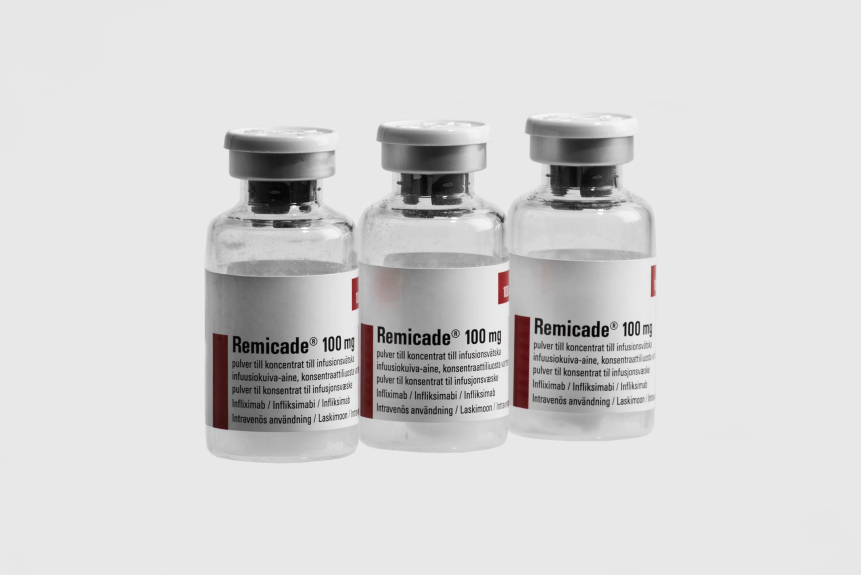LOS ANGELES — A study released Thursday by Cedars-Sinai raises the prospect that anti-inflammatory drug therapies being used to treat inflammatory bowel disease (IBD) may help patients recover from coronavirus.
The study, led by researchers from Cedars-Sinai, found that an enzyme that helps COVID-19 infect the body also plays a role in inflammation in patients with IBD.
“We chose these disorders because COVID-19, while known for attacking the lungs, frequently causes gastrointestinal symptoms,” said Dr. Dermot P. McGovern, the study’s senior author and the Joshua L. and Lisa Z. Greer Chair in Inflammatory Bowel Disease Genetics at Cedars-Sinai. “It was important for us to understand how COVID-19 might affect IBD patients who are treated with anti-inflammatory medications.”
In patients infected with COVID-19, the SARS-CoV-2 virus binds to an enzyme that normally plays a crucial health role by activating a hormone that helps to regulate blood pressure and uses it to invade and infect cells, “hijacking” them to spread the virus, researchers said.
The study published in the journal Gastroenterology showed that treatment with the anti-inflammatory drug infliximab normalized the levels of the enzyme — ACE2 — and was associated with improved disease outcomes in IBD patients, according to researchers.
More research is needed to delineate the processes involving the enzyme and what that might mean for treating patients with COVID-19, McGovern said.
The National Institute of Diabetes and Digestive and Kidney Diseases of the National Institutes of Health recently awarded a $677,000 grant to McGovern to examine overlaps in the mechanisms that drive inflammation in COVID-19 and IBD, according to Cedars-Sinai.
The study’s other co-authors included Alka A. Potdar and Shishir Dube, both from Cedars-Sinai, along with researchers from the University of Cincinnati, Cincinnati Children’s Hospital Medical Center, Broad Institute of MIT and Harvard, Harvard Medical School, Emory University School of Medicine in Atlanta, Children’s Healthcare of Atlanta, the Cleveland Clinic and Janssen Research and Development LLC.
